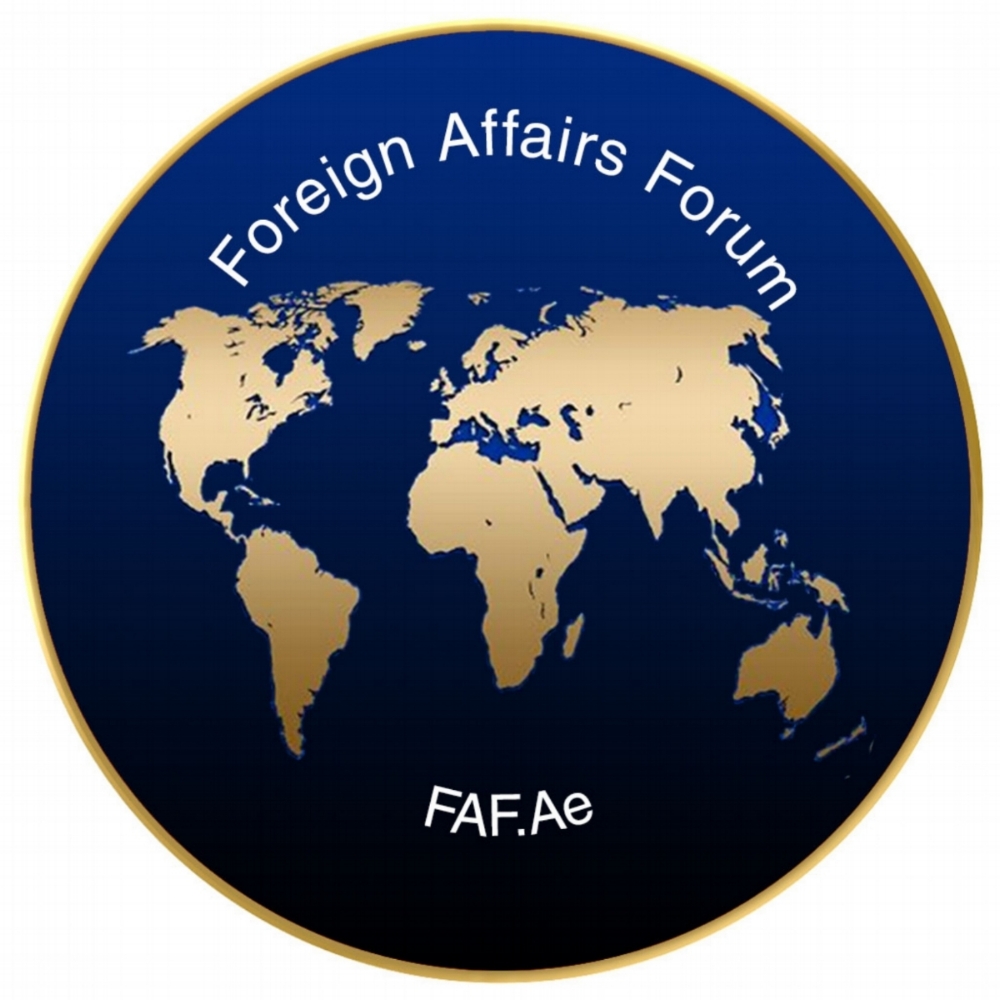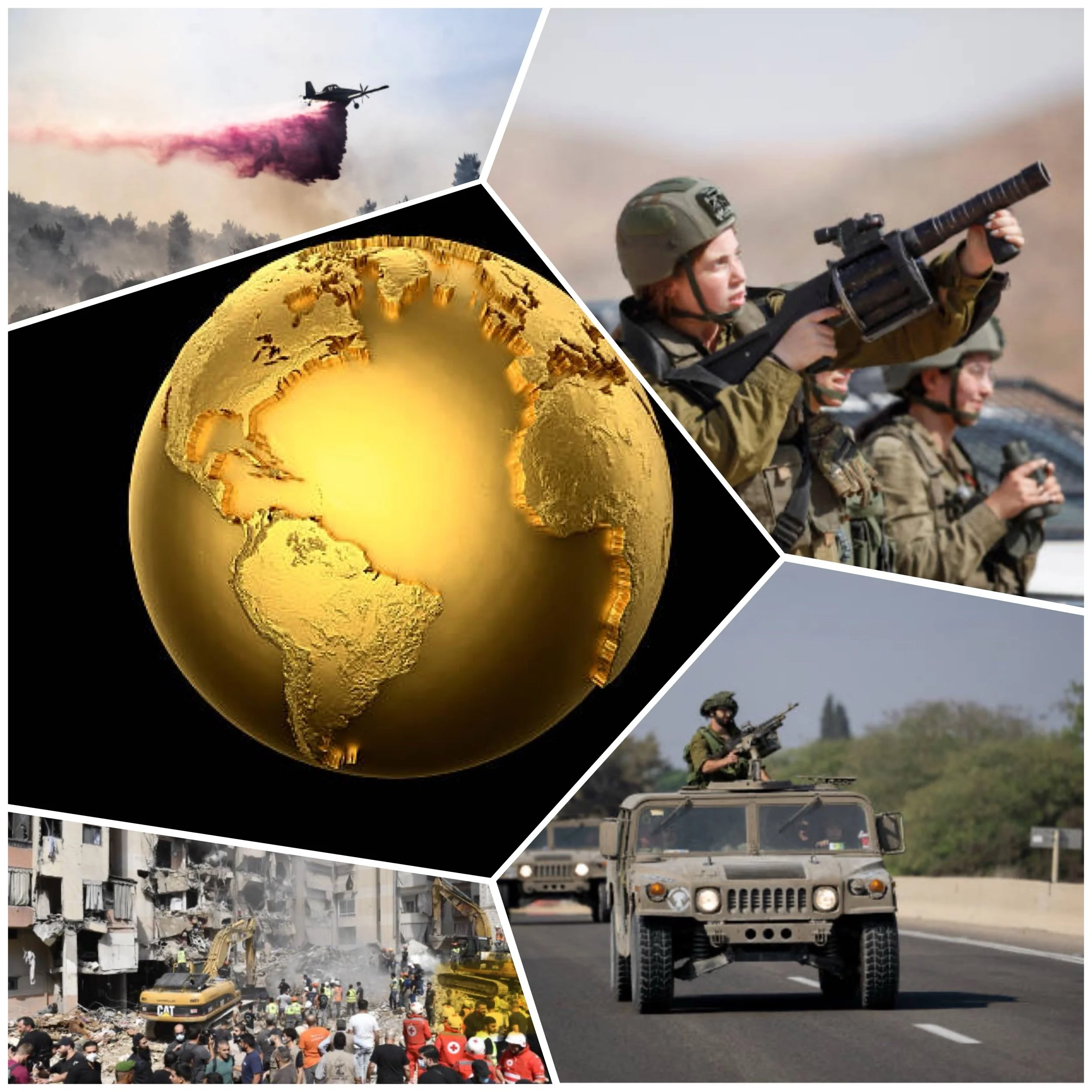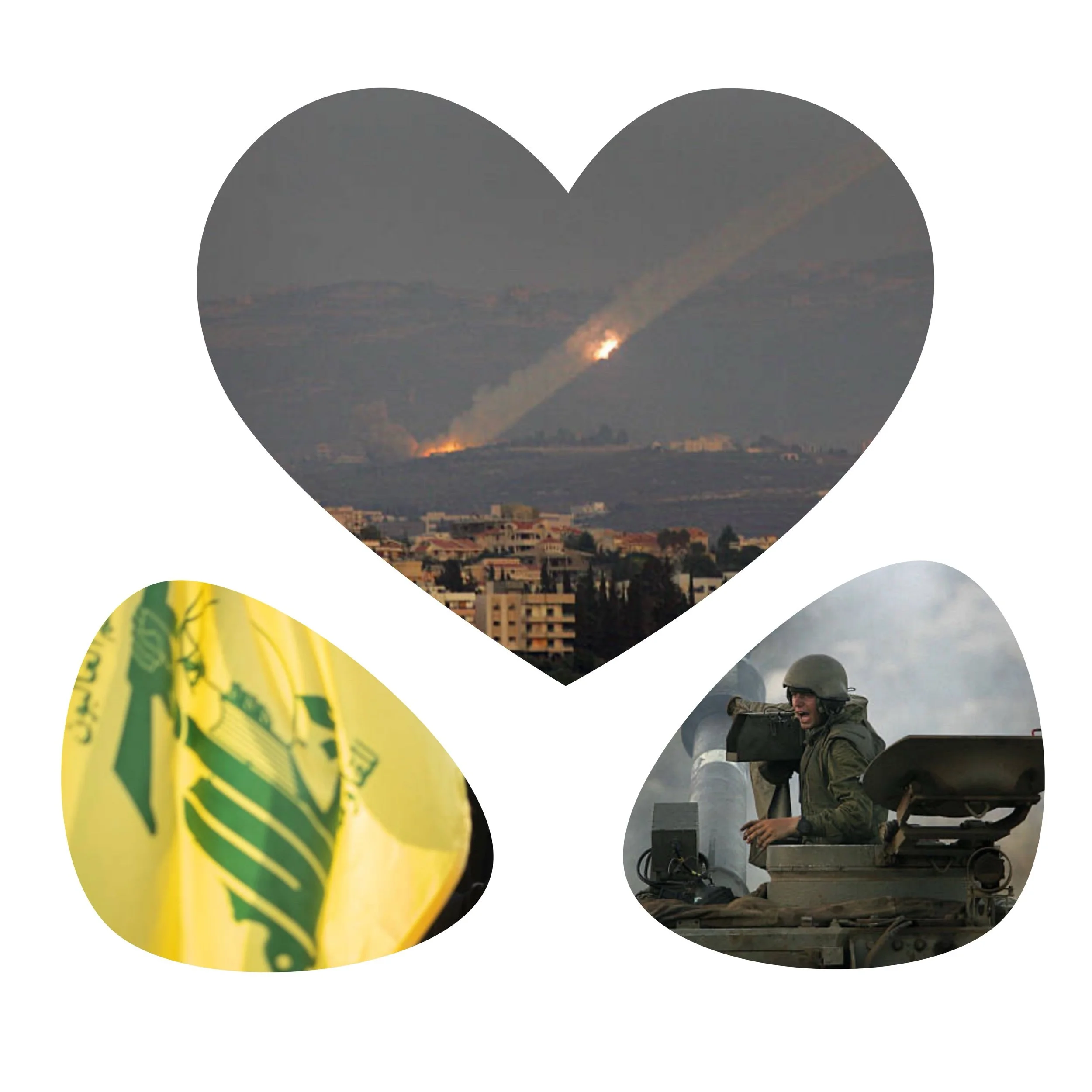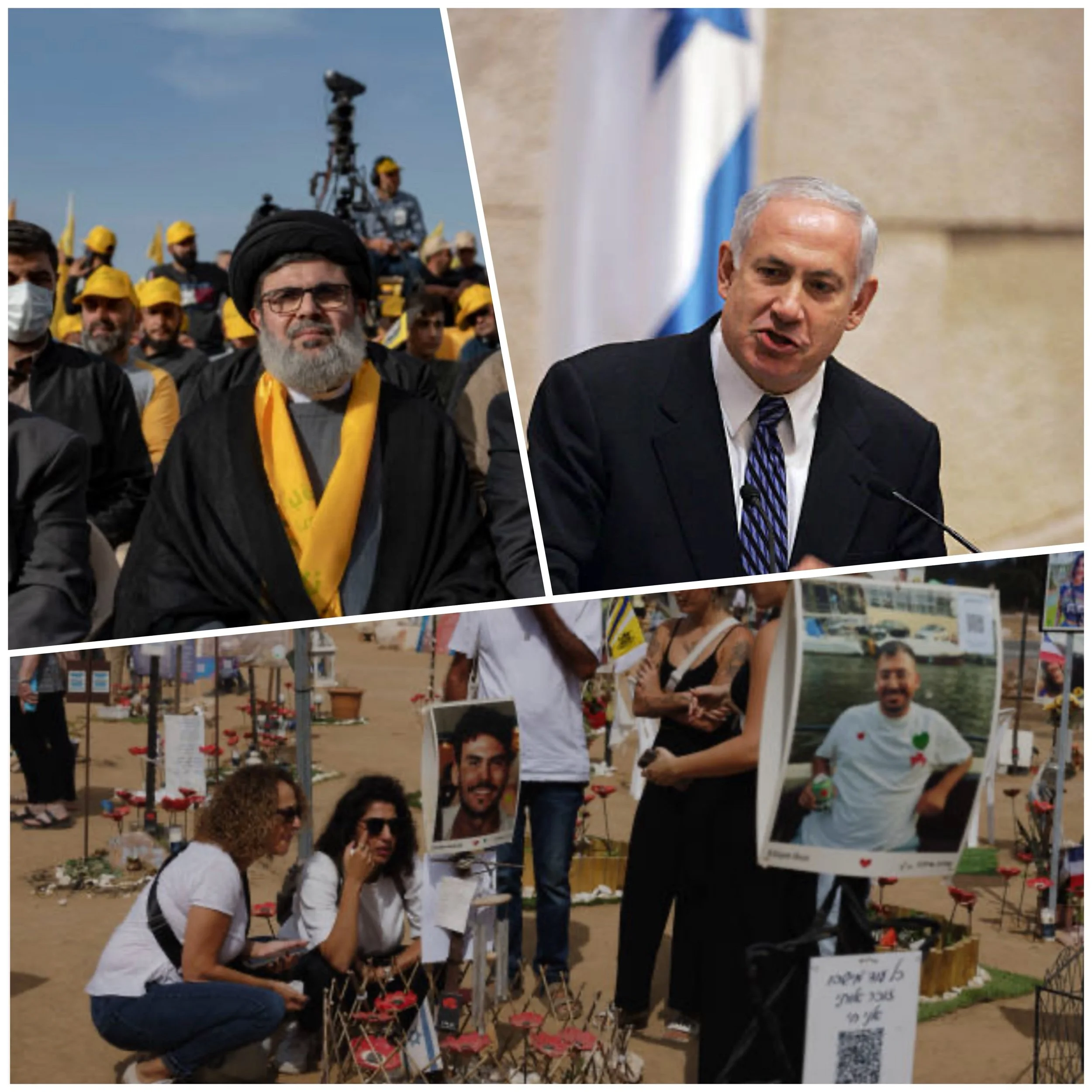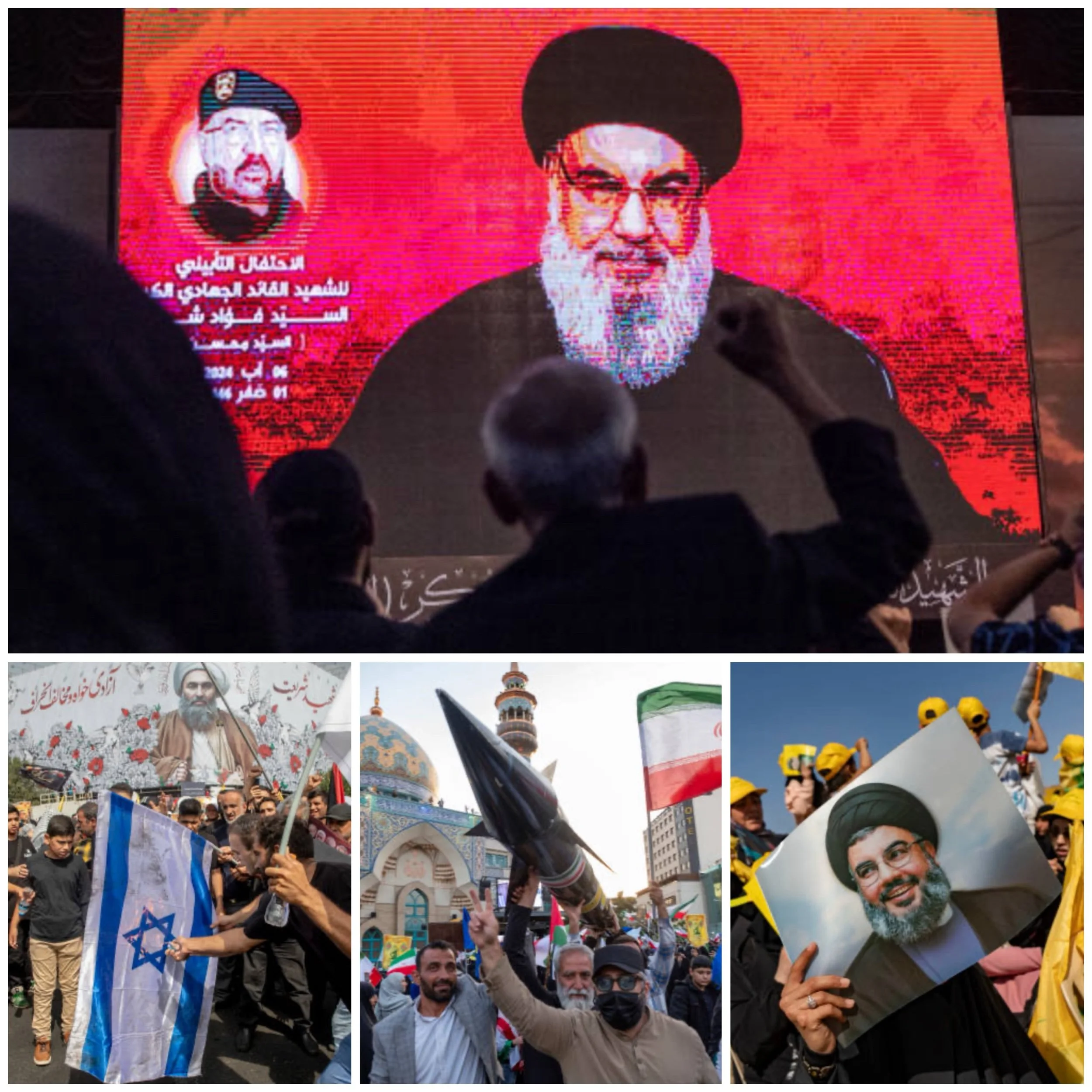How did the international community respond to the conflict
Introduction
The international community’s response to the escalating conflict between Israel and Hezbollah has been marked by concern and calls for de-escalation. Here are key aspects of the international response:
United Nations:
UN Secretary-General Antonio Guterres expressed “grave concern” about the dramatic escalation of events in Beirut.
The UN Security Council voiced “strong concern” over Israel firing on and wounding UN peacekeepers in southern Lebanon.
The UN peacekeeping chief, Jean-Pierre Lacroix, stated that UN peacekeepers would remain in their current positions despite Israel’s request for relocation.
United States:
President Biden characterized Nasrallah’s death as “a measure of justice for his many victims” and affirmed support for Israel’s right to defend itself.
Vice President Kamala Harris called Nasrallah “a terrorist with American blood on his hands”.
Iran:
• Warned that Nasrallah’s death could lead to Israel’s destruction and vowed to continue his mission.
• Supreme leader Ali Khamenei announced five days of public mourning.
Russia:
• Condemned the killing as a “political murder” and urged Israel to cease military actions in Lebanon.
China:
• Expressed deep concern about escalating tensions and urged all parties, particularly Israel, to take immediate steps to cool down the situation.
Germany:
• Foreign Minister Annalena Baerbock warned that the killing threatens destabilization for Lebanon, which is not in Israel’s security interest.
Saudi Arabia:
Foreign Minister Faisal bin Farhan Al Saud warned of negative repercussions for the entire region and called for restraint.
Türkiye:
• President Recep Tayyip Erdogan described the situation in Lebanon as a “genocide”.
Palestinian Authority:
• President Mahmud Abbas offered condolences to Lebanon for the deaths of Nasrallah and civilians.
Other regional actors:
Hamas and the Houthis in Yemen condemned the killing and expressed solidarity with Hezbollah.
Conclusion
The international community’s response generally reflects a concern for regional stability and a desire to prevent further escalation. Many countries have called for restraint and emphasized the need for diplomatic solutions, while also recognizing Israel’s right to self-defense. The situation remains tense, with ongoing diplomatic efforts to achieve a ceasefire and prevent a wider regional conflict.
